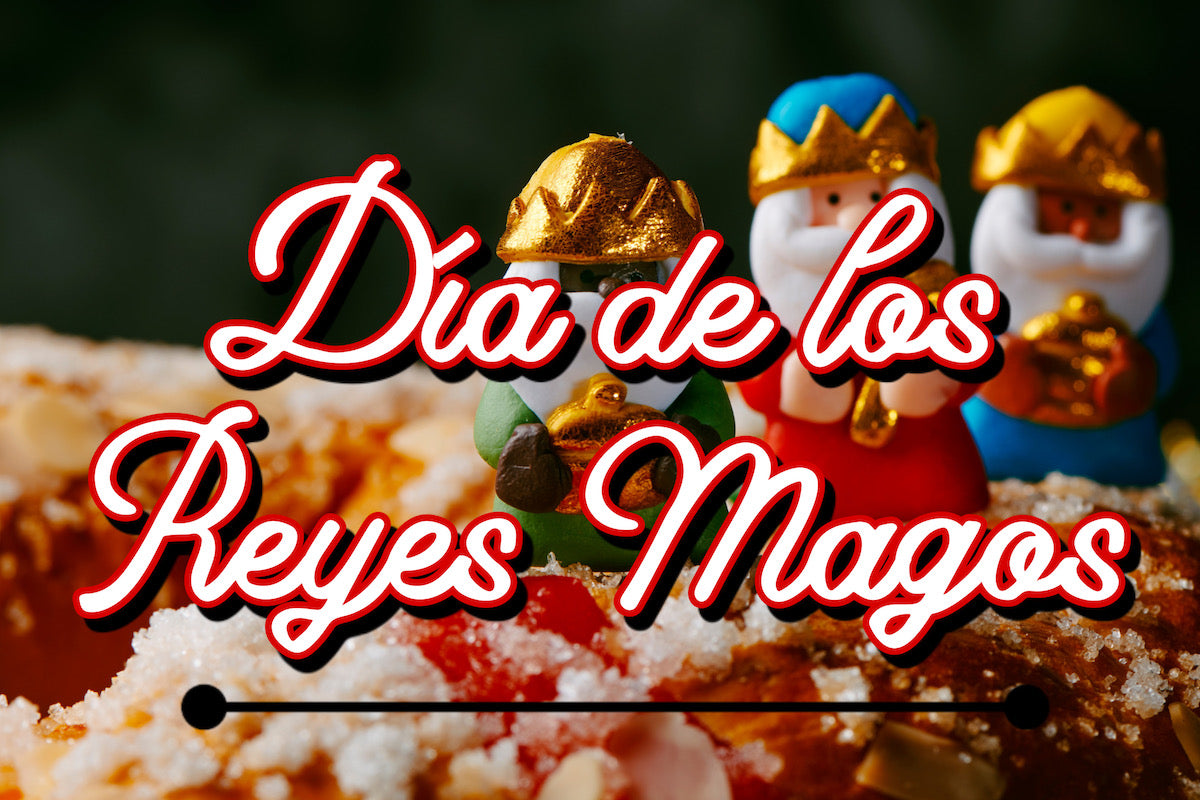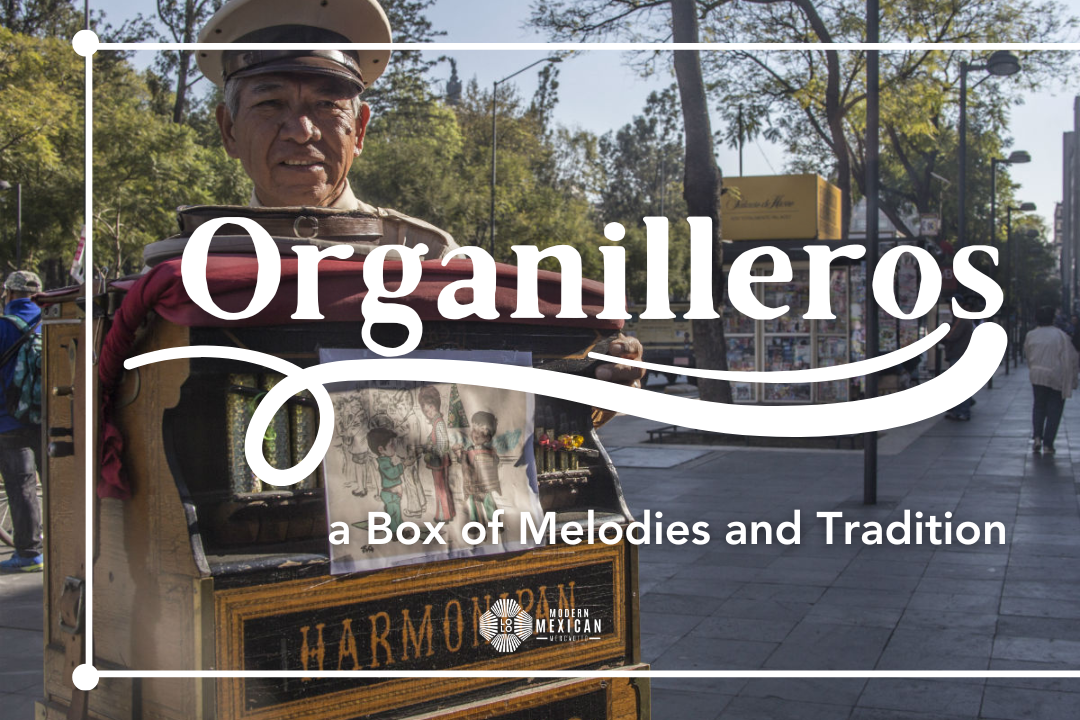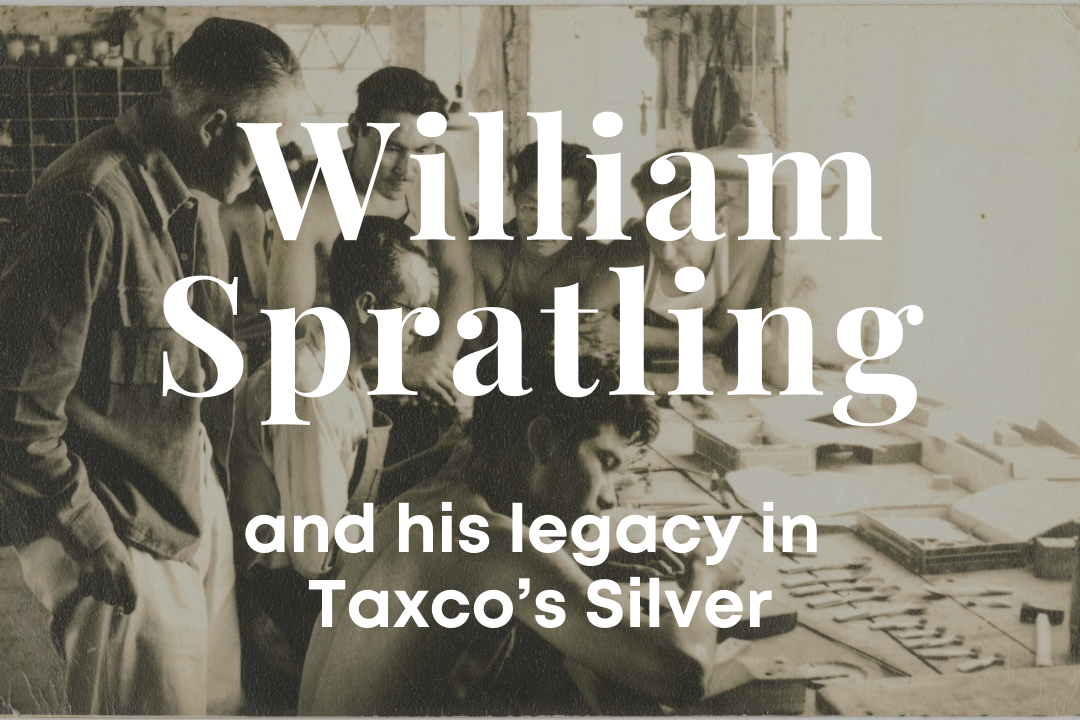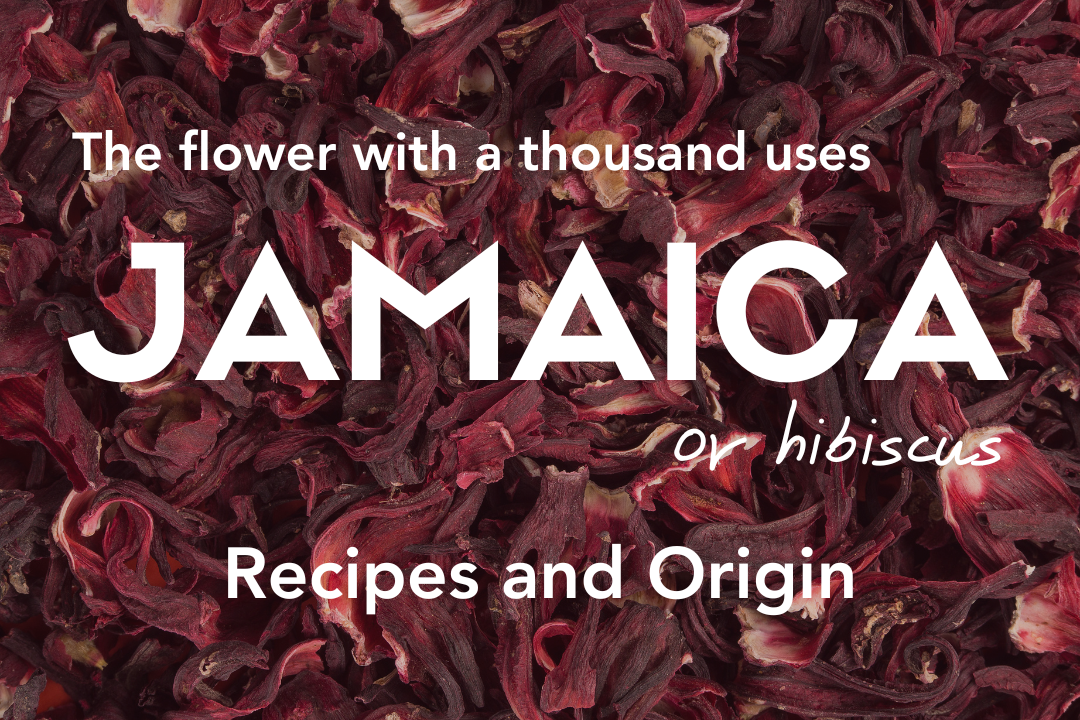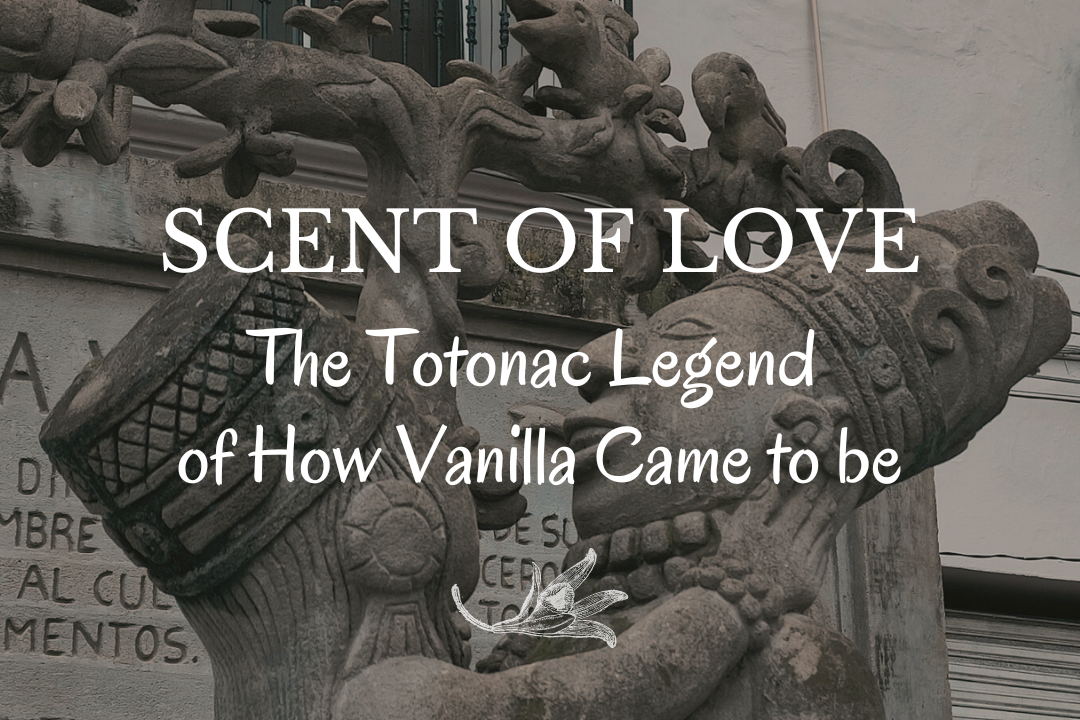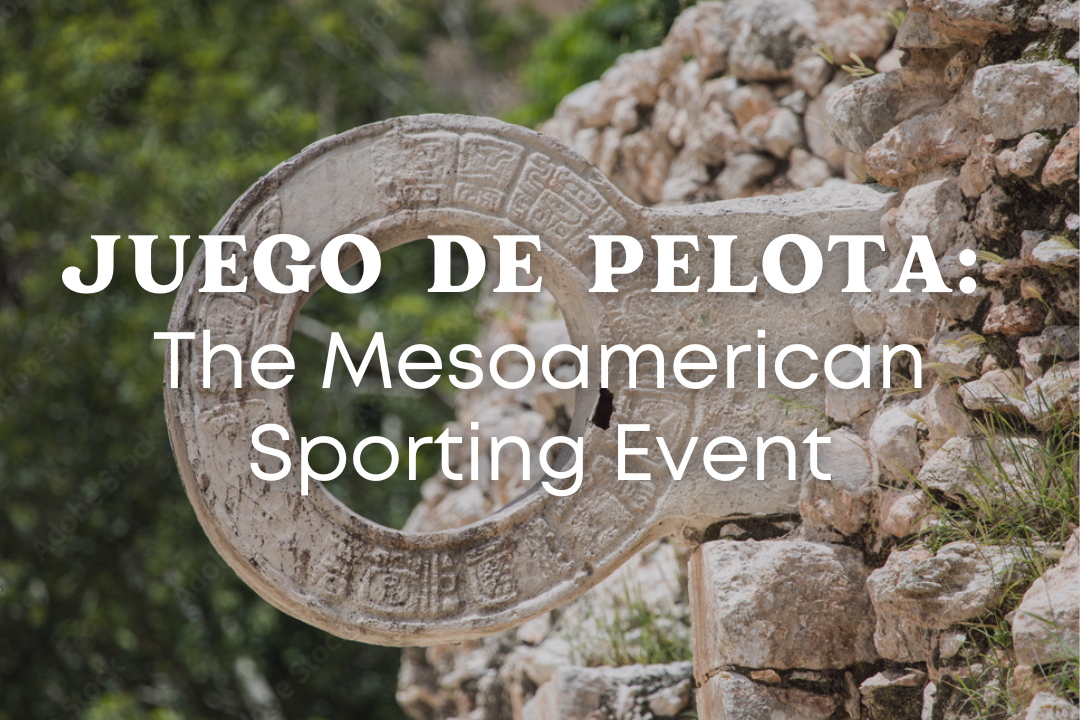For some the Christmas holidays and December celebrations have already ended after December 25 or New Year’s celebration. However, in Mexico the celebration is not over yet and it continues until January 6, known as Día de los Reyes Magos or Three Kings Day. In some parts of the world, this day is known as Epiphany, and churches use it to celebrate Baby Jesus and the Three Wise Men from the Christmas story. This holiday in Mexico is one of the most anticipated dates in the different Christmas festivities, being full of gifts, traditions and delicacies. If you find yourself in Mexico at the beginning of the year, you don't want to miss the tradition and celebrations of the Three Kings Day, a very festive way to experience the local culture.
This Catholic tradition came to our territory after the Conquest and was maintained during the Viceroyalty, although little by little it acquired local characteristics that modified it and gave rise to popular practices such as the lavish construction of nativity scenes, sharing a Rosca de Reyes, and children sending a letter to the wise men. But what exactly is celebrated on Three Kings Day in Mexico? Derived from the Spanish colonization and Catholic tradition, the Three Kings Day holiday in Mexico is a continuation of the Christmas celebration, dedicated to this part of the nativity story. As the name suggests, this is a celebration of the Three Wise Men, the wise men who brought gifts to the baby Jesus. In the Catholic tradition, the Epiphany, or the festival of Enlightenment, celebrates the visit of the Magi from the East to Jesus after his birth. There are several different versions of these Wise Men who represent the prophesies of the birth of a new messiah; but the most accepted version of events, especially in Mexico and Catholic Latin America, is that there were three magi characters who, guided by a star, came to Bethlehem (after a stop in Jerusalem, in Herod's palace) to deliver gifts to Baby Jesus.
The tradition of the Three Wise Men who came from the East is one of the oldest in Mexico since the time of Spanish colonization and today many families continue to celebrate this special day where children are, without a doubt, the main protagonists. And that even though in recent years the character of Santa Claus has acquired great relevance. The traditions of Three Wise Men day in Mexico involve all the elements of Christmas: family, gifts, and food. An interesting fact about Día de los Reyes Magos is that for many children, it is the Three Wise Men who bring Christmas gifts, not Santa Claus, and in the days before the holiday, children write letters with their hopes and dreams to the Three Wise Men.
Every January 6 we celebrate in Mexico Día de Reyes, or the Three Kings Day where the little ones wake up very early and run to open the gifts that their Majesties the Magi from the East have left at the foot of the Christmas tree or near the representation of the Nativity scene. A holiday of games and family reunions where everything is special and where children continue to believe in the magic of a Christmas that with this day says goodbye until next year.
On the night of the 5th, the Three Wise Men leave the gifts while the children sleep, so that on the 6th a very special day is celebrated as a family and where the traditional Rosca de Reyes is distributed. A circular-shaped bread with a hole in the middle, made from sweet dough, adorned with dried fruits and which hides a particular surprise: the figure of a child. The lucky person who gets this figure will have to pay or invite the tamales on Día de la Candelaria, or Candlemas Day. Currently, tradition orders to hide a child figurine that represents Baby Jesus as the main figure, generally made of plastic, and whoever finds it must invite those present on February 2, Candlemas Day, delicious and rich tamales.
Whether you believe in the history of what is celebrated on the Day of the Three Wise Men or are interested in experiencing more of the Mexican culture, this is a holiday with unique traditions. Sharing the rosca de reyes and giving a child a gift makes the day joyous and bright, and knowing a fact or two about Three Kings Day will help you make the most of these holidays. It's part of what makes the Christmas season in Mexico so warm and festive, and if you're lucky enough to be in the country on January 6, you can get a taste of another part of Mexican culture.

